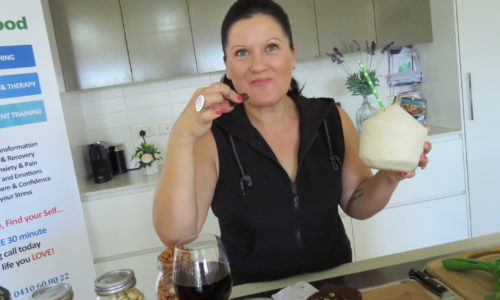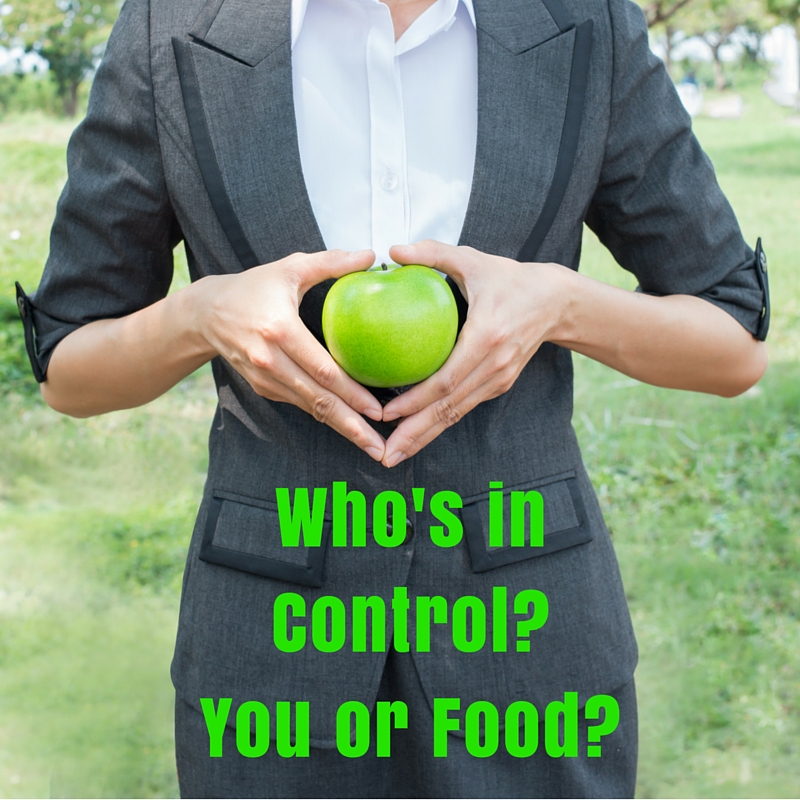
Mindful Eating Tips
Having lived through 18 years of Bulimia Nervosa, I’m certainly no stranger to the “stuff it in before you realise how much you’re eating” habit.
I wouldn’t even taste my food for fear of being too slow that someone might actually see me eating!
We don’t just eat fast and mindless because of food or body issues, there are so many people in this fast paced world who are simply running on empty. They are “go, go, go” people with so much to do, but never enough time to do it in.
This couldn’t be more true when it comes to self-care and eating.
We so often eat on the run, skip meals, crave foods later, grab it through the drive-through, or eat all the sweet offerings in the office while we work, just to get something in.
We may know we should eat “properly”, but we don’t take the time to actually tune in and give our brain and body what they need with attentive care.
When the brain doesn’t register the full taste, pleasure, satisfaction, aroma and visual stimulation of a meal, we’re missing out on the tremendous power of our digestive forces to get the most out of each and every meal to nourish and inform every cell in our bodies.
- How often are you aware of what you’re eating?
- How many times have you finished a whole packet of chips or biscuits without realising?
It’s time to listen to your body and be mindful of its needs. Here’s how:
-
Learn To Identify Hunger
A lot of feelings masquerade as hunger: boredom, fatigue, depression, anxiety, and loneliness. Learn the difference. If you’re unhappy, agitated, or eating for any reason other than hunger, take a big drink of water and write down your thoughts and feelings in that moment. You’ll feel much better about it afterwards.
-
Let Go Of Food Rules
Food is neither good nor bad; it comes down to how you use it. If you’re indulging in a sweet treat at every meal, it’s no longer just a “treat”. Keep it simple and eat real, whole, natural food. The quality will decide the quantity – the better quality real food, the more real nutrients will satisfy your cells.
-
Engage In Your Meal
30% to 40% of our total digestive response to any meal relies on engaging the senses. The Cephalic Phase Digestive Response relies on taste, pleasure, aroma, satisfaction, and the visual stimulation of a meal. Eating at your desk, whilst in conversation, or on the run is not being attentive to what you’re putting into your mouth. Take 5 slow, deep belly breaths to focus in on your plate. Eat slowly. Chew. Taste your food.
-
Trust Your Body Wisdom
We’re often so focused on eating the ‘perfect diet’ that we follow the most popular and forget to trust our own inner wisdom. If your body shows signs of digestive upset, lethargy, bloating, hunger or poor concentration after a meal, it’s trying to tell you something. Your body knows the right types of foods, how much and how often it needs them. You simply need to take a deep breath and tune into that knowledge. A food – mood journal is helpful.
Tune in
Viki xo
About Viki
Viki Thondley is a Mind-Body Wellness Specialist and qualified Holistic Counsellor, Food, Stress & Lifestyle Coach, Meditation Therapist, and Eating Disorder Recovery Coach who inspires women to shift from dieting and restriction to whole-self nourishment, self-care and healing. Recovered from bulimia nervosa and the many years of hormonal imbalances, food prison and self-sabotaging behaviours’, Viki is an inspiring coach, speaker and event host who also provides personalised holistic programs, workshops and retreats to instil self-love, happiness, body confidence and real food freedom. She is author of “Achieving Your Wellness: Create a Life You Love” and “Healthy Chocolate Delights: Real Food Sweet Treats”.
Sign up to her Happy | Healthy | Confident newsletter for her free 43 page eBook “Break Up with Dieting: 10 Tips to Calm Your Mind, Relax Your Body & Eat With Pleasure” + weekly whole-self nourishment tips, inspiration and recipes!




